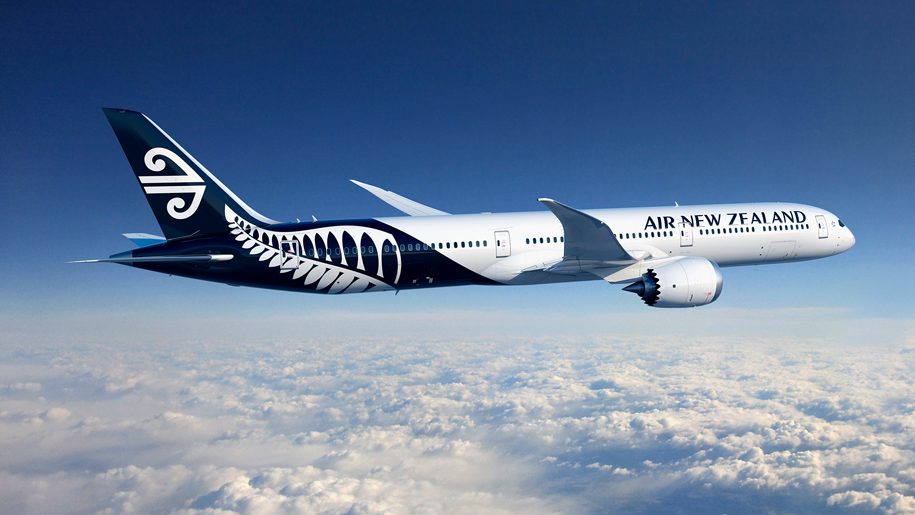
Air New Zealand said that it has diverted more than 890 tonnes of in-flight waste from landfills since the launch of its glass recycling and product use waste reduction initiative in 2017, dubbed “Project Green”.
This project allows unused items from a flight service to be put onto a subsequent flight “provided they come off the aircraft sealed and untouched”, so that waste does not end up in landfills.
Project Green covers more than 40 item types such as cans of soft drinks, packets of cookies, boxed tea, coffee and sugar sachets and sealed napkins. The airline collaborated with its catering partner LSG Sky Chefs and New Zealand’s Ministry of Primary Industries to reclassify the items.
Before the launch of Project Green, unopened items taken on board would have had to be incinerated, said the airline.
According to the airline, Project Green has so far helped recover 85 tonnes of 1.5-litre water bottles – which is equivalent to the weight of two A320 aircraft, as well as more than 11.5 million plastic glasses and over four million sticks of sugar.
These recovered items weigh more than 890 tonnes, which the airline said is the same as the weight of five Boeing 777-300 aircraft, and the equivalent of the weight of all the ice cream consumed by its international flight passengers last year.
Chloe Surridge, Air New Zealand’s general manager of supply chain, said data captured from the roll out of Project Green in Auckland, Wellington, Christchurch, Queestown and Los Angeles International Airport also helps the business to better access flight loading requirements and to look for opportunities to reduce waste.
“We are also working on ways to further segregate the waste that is collected in-flight (for example, soft plastics and compostables). A major challenge we face, however, in reducing waste to landfill, is the lack of recycling and composting infrastructure available for us to send our material to.
“More robust infrastructure across the country, including in the regions, would help us keep compostables and recyclables out of landfills.
“Project Green is a very good example of the steps Air New Zealand is taking to build sustainability into its supply chain. We are looking to make impactful sustainability gains, and in order to do this, we have to enable those bigger conversations through relationships with our suppliers and business partners,” said Surridge.
Air New Zealand is also trialling an edible coffee cup, which allows customers to eat the vanilla-flavoured cup like a normal biscuit after finishing the coffee.












